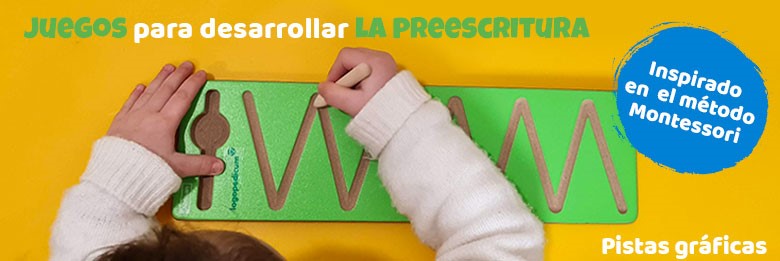
Aprender es modificar o adquirir nuevas habilidades, destrezas, conocimientos, conductas y valores mediante la experimentación, el estudio, la observación, el razonamiento o la instrucción. Múltiples y variados juegos disponibles hoy en día, desde los más clásicos hasta los más innovadores, pueden ser grandes herramientas para construir una variedad de aprendizajes: lectoescritura, matemáticas, razonamiento y resolución de problemas, etc. aportando motivación e interés a los jugadores. Más allá de la estimulación de las inteligencias múltiples, fomentaremos la autoestima, incentivaremos la cooperación y el trabajo en equipo y mejoraremos el comportamiento y la actitud, entre otros muchos aspectos.
 Auditory Memory Caterpillar
29,90 € (VAT not included)
Auditory Memory Caterpillar
29,90 € (VAT not included)
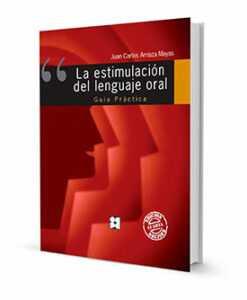 La estimulación del lenguaje oral - Guía Práctica
11,53 € (VAT not included)
La estimulación del lenguaje oral - Guía Práctica
11,53 € (VAT not included)
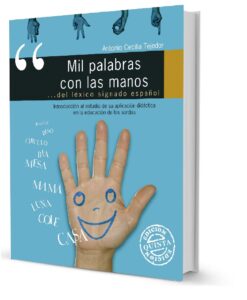 Mil Palabras con las Manos. Introducción al estudio de su aplicación directa en la educación de los sordos
25,95 € (VAT not included)
Mil Palabras con las Manos. Introducción al estudio de su aplicación directa en la educación de los sordos
25,95 € (VAT not included)
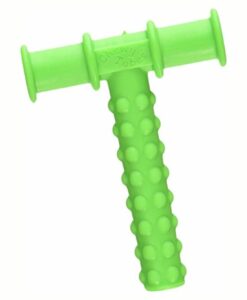 Chewytube green
9,90 € (VAT not included)
Chewytube green
9,90 € (VAT not included)
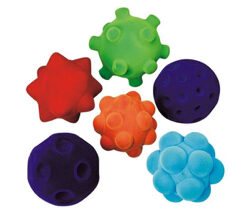 Velvet balls
7,50 € – 21,90 € (VAT not included)
Velvet balls
7,50 € – 21,90 € (VAT not included)
Showing 37–72 of 459 resultsSorted by latest
No account yet?
Create an AccountLook carefully at the cards, and try to form the orderly sequence, which one comes before and which one comes after? A fun game with which you will learn the order in which things happen.
Through this simple and fun game, you will discover how to form sequences in order of time, placing each card in its place, looking at its illustration and those of the rest of the cards. Do you think you will succeed? To see for yourself, look at the smiley faces. You can also play a fun game of bingo with your friends or family.
By playing with the first temporal concepts, children learn to order different events and processes; they discover what 'before' or 'after' means, and little by little they develop their logical thinking and are able to explain orally and/or in writing events of the past, present or future.
https://logopedicum.com/wp-content/uploads/2022/01/Antes-despues--247x300.jpg 11.98 instock 3 – 6 yearsAGEAreas of DevelopmentBoard gamesGAME TYPEGAMES AND TOYSLogic and math gamesLogical reasoning and mathsMontessoriMontessoriPedagogical ApproachesPEDAGOGIESTYPE OF TOY 0 0.00 0 https://logopedicum.com/wp-content/uploads/2022/01/Antes-despues--247x300.jpg 245106244927240686244931250431 11.98 9.90 0.00 0.00 2022-01-04T18:26:33+01:00With these 8 puzzles of 3 pieces, for children from 2 years old, you will not only keep your child entertained for hours, but you will also promote their learning. On this occasion, a simple association game will allow the relationship of everyday actions and objects to form sequences of common activities of daily life. The large cardboard pieces, to be handled easily, will have to be put together to form the sequence. Will he be able to fit the pieces together and explain it? Once assembled it will be time to put words to the puzzle to explain everything we see, infer what will happen and go enriching the content to promote logic, reasoning, oral language and above all encourage autonomy!